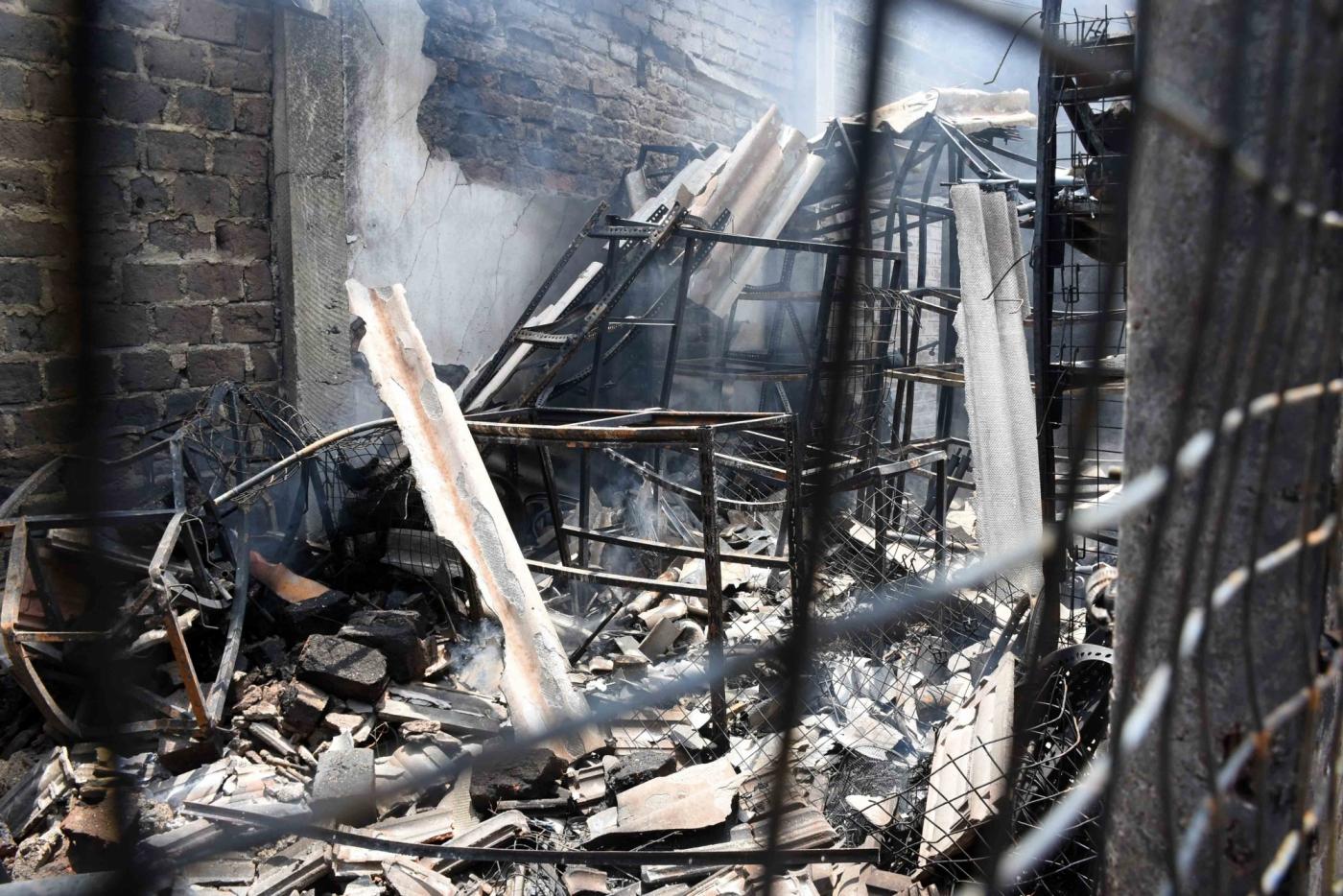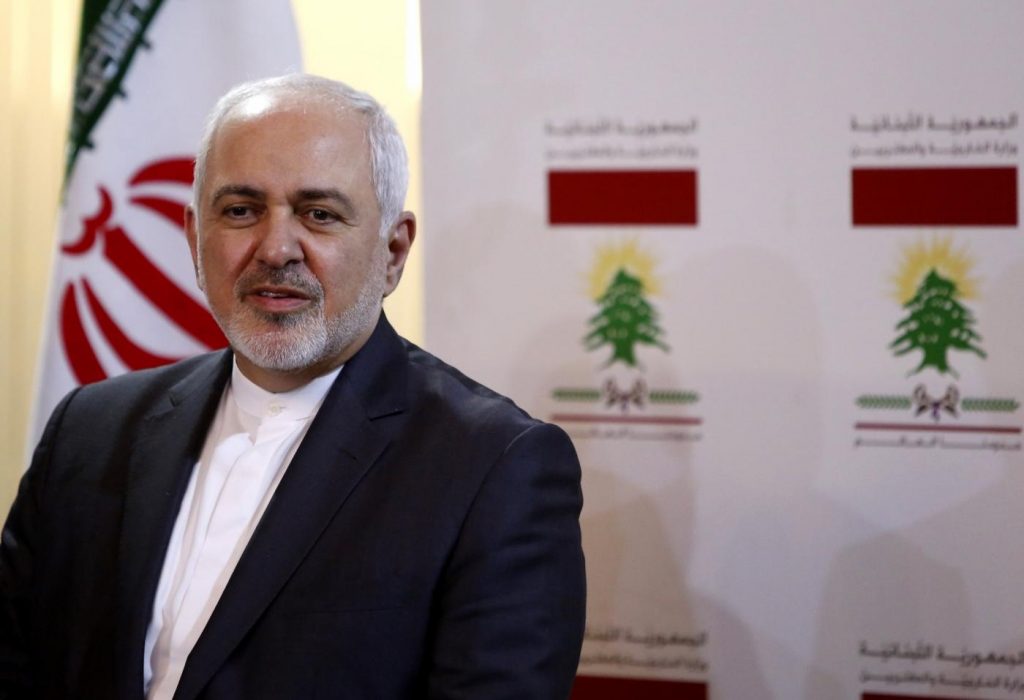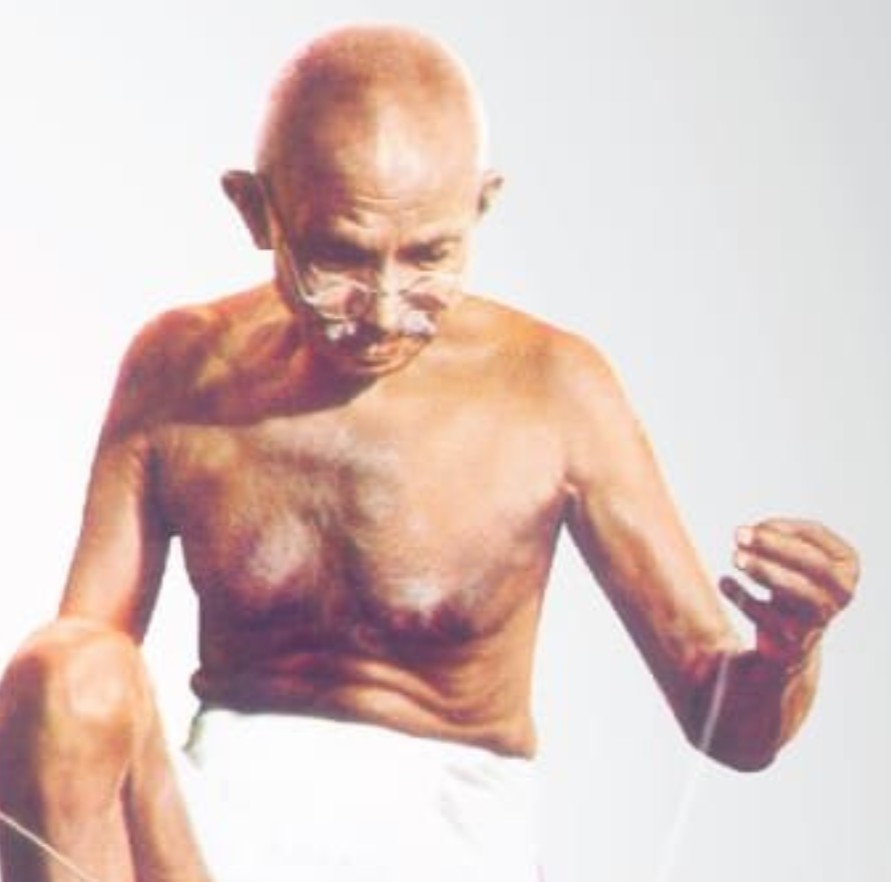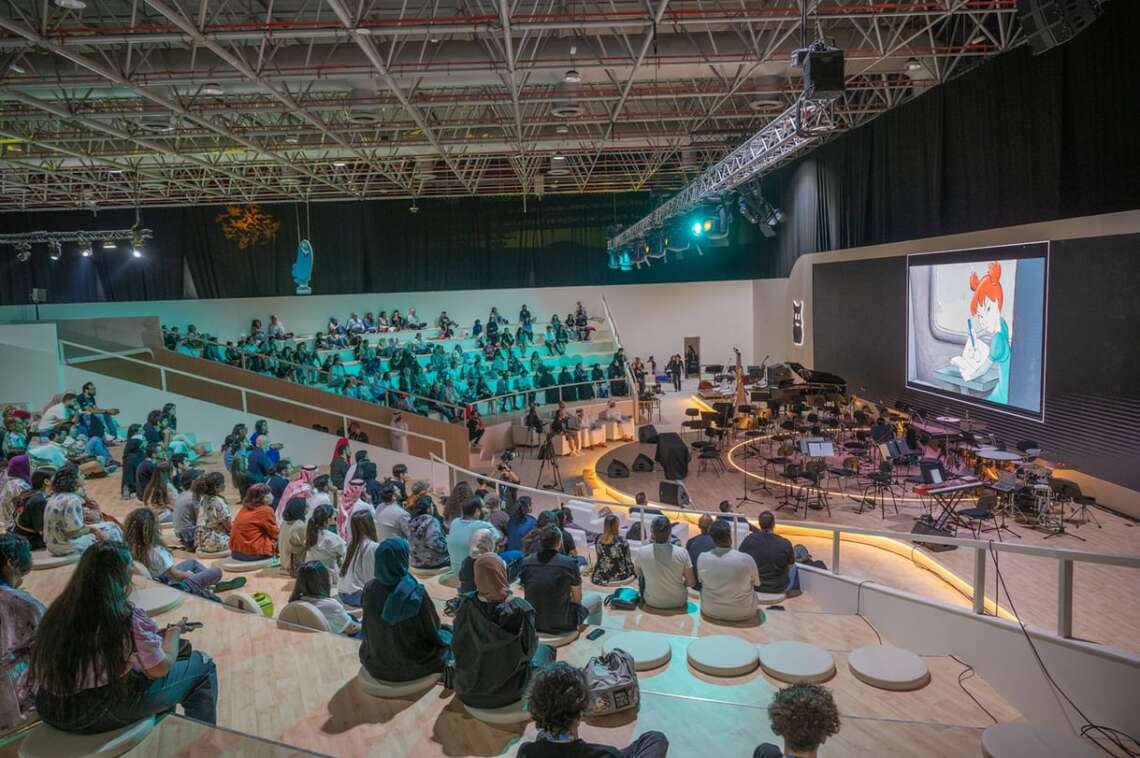More than 1,100 refugees and asylum seekers in Sri Lanka have been forced to flee their homes due to violent attacks on religious minorities following the Easter Sunday bombings and are living in precarious makeshift shelters in the country, Amnesty International said…reports Asian Lite News

The refugees and asylum seekers “had hoped to find safety in Sri Lanka after fleeing the violence of bigoted mobs in their own countries. Now, they are faced with the same fears that forced them here, leaving them unable to leave their shelters where they languish in dire conditions,” South Asia Director at Amnesty International Biraj Patnaik said in a statement.
Since the April 21 attacks on three churches, three luxury hotels and two other locations that left over 250 people dead and hundreds wounded, tensions between the Muslim community and the Buddhist majority of the country have escalated.
According to Amnesty, the refugees, many of whom are from Pakistan or Afghanistan, are temporarily living in overcrowded community centres and a police station.
They lack proper places to sleep, clean and adequate sanitation facilities, access to medical attention to treat illnesses that have proliferated in the makeshift shelters, Amnesty said.
The refugees and asylum-seekers include Ahmadi Muslims, Shias and Christians from Pakistan, Shia Hazaras from Afghanistan and political refugees from Iran and Pakistan, according to the human rights organization.
The refugees told Amnesty that the violence erupted after a rumour that Pakistanis were behind the Easter killings, which the authorities blame on local Islamist groups National Thowheed Jamath and Jammiyathul Millathu Ibrahim.
“There was a group of men who came, some of them carrying sticks with nails in them. Some of them were drunk. They said that we were Pakistanis and that we had to leave the area within two hours,” Naseem John, 57, a Pakistani Catholic from Karachi, told Amnesty.
“We said that we are also Catholics, like the victims killed in the church. They said, ‘It doesn’t matter, you’re still Pakistani. You have to leave,'” he added.
Habib-ur-Rehman, 35, a Pakistani asylum-seeker, said: “We feel safe here (in the police station), but are too fearful to go outside. The police have said they can protect us here, but not outside.”
The UN refugee agency has so far unsuccessfully attempted to relocate some of the refugees and asylum-seekers to other locations inside Sri Lanka. They have been turned away three times.
Following the carnage, Muslim religious authorities decided to temporarily suspend the weekly Friday congregational prayers amid fears of retaliatory attacks.
“The Sri Lankan government has a responsibility to ensure that these people have their dignity restored immediately,” said the South Asia Director at Amnesty International.
“They need security to protect them, food to eat, doctors to meet their urgent health needs, comfortable places to sleep in privacy and clean places where men and women can safely and separately bathe and use sanitation facilities,” he added.








